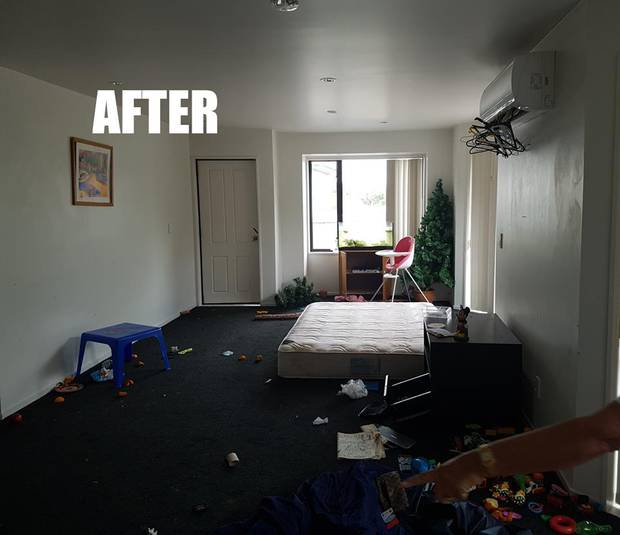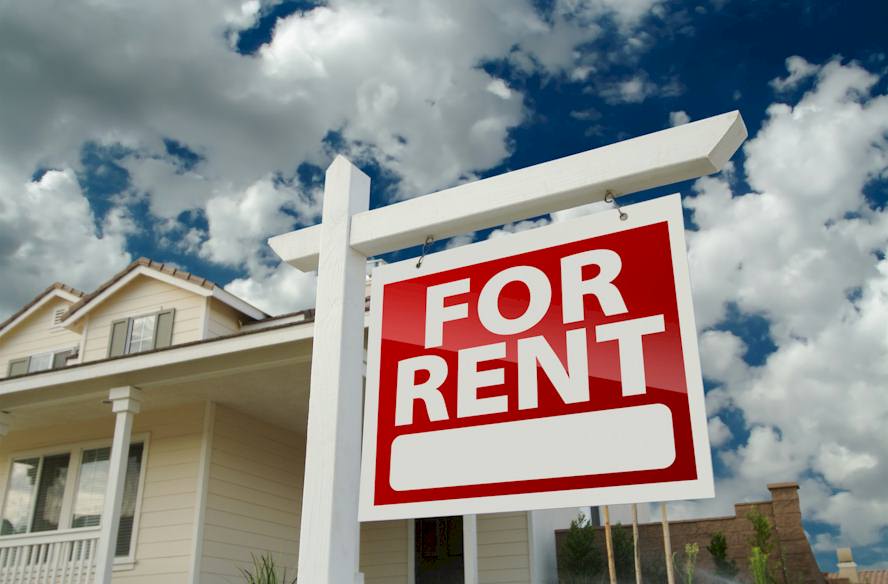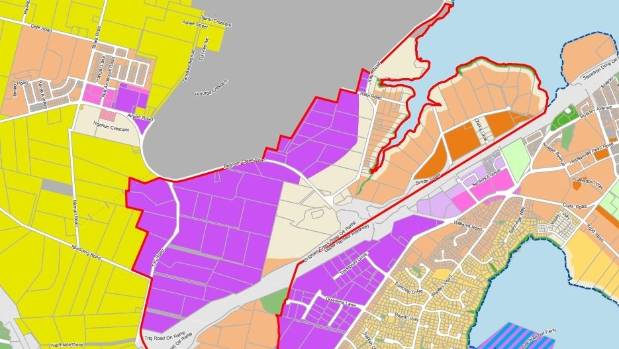Landlords can increase rent if the tenancy agreement allows this. They must give the correct notice and meet certain conditions. The rent can also be reduced in certain situations.
Rent increases
Landlords can only increase rent:
- after the first 180 days of the tenancy
- provided the increase is not within 180 days of the last increase.
Landlords can only increase rent for fixed-term tenancies if the tenancy agreement allows this.
Landlords must give notice to increase rent
A landlord must give their tenant at least 60 days’ written notice of a rent increase. Boarding house landlords must give their tenant at least 28 days’ written notice.
The notice must be served in writing, say how much the rent is increasing by and the day the increased rent is due. The landlord should keep a copy of the notice. If the landlord doesn’t give the correct notice they can:
- serve it again correctly
- ask the tenant to let them extend the notice time so it is correct, or
- apply to the Tenancy Tribunal to extend the notice, if the tenant won’t allow the landlord to extend it.
Landlords decide how much to increase the rent
The law doesn’t limit how much landlords can increase rent by. It does say how it must be done, and what the tenant can do if they don’t agree with the new rent amount.
A landlord and tenant can also agree to an increase of the rent outside of the usual 180-day period if the landlord has:
- improved the property, which increases its value and benefits the tenant
- improved facilities or services for the tenant
- changed the tenancy agreement to benefit the tenant.
A landlord or a tenant may apply to the Tenancy Tribunal to review the rent increase if:
- the tenant doesn’t agree to increase the rent (and the landlord has improved the property or changed the tenancy agreement to benefit the tenant).
- the landlord has had unforeseen expenses since the rent was last increased.
If the Tenancy Tribunal increases the rent for these reasons, this doesn’t change the normal date the rent is reviewed or increased.
Landlords and tenants should keep in contact and discuss any possible changes to the rent.
Landlords can also increase the bond
When a landlord increases the rent, they can ask the tenant to pay extra bond money. This must be based on the number of weeks’ bond charged in the tenancy agreement.
Rent reductions
The rent can also be reduced in certain situations.
For a specified period or event
A landlord and a tenant may agree to a temporary reduction of the rent for a set period. For example, if a room is being repaired and can’t be used for a while.
Once the period has ended or the work has finished, the rent goes back to the original amount. This is not a rent increase and doesn’t need notice.
If the rent is too high
If a landlord is charging a lot more than is being charged for similar properties in the area, the tenant can apply to the Tenancy Tribunal. The Tribunal could make an order for the rent to be reduced. The tenant will need to have evidence that their rent is a lot higher than rent for similar houses in the same area.
If you have a fixed-term tenancy, you can only apply to the Tenancy Tribunal for a market rent review within:
- 3 months of the beginning of the tenancy, or
- 3 months of the date of the last rent review.
Being a landlord in today’s market can be challenging, that’s why entrusting your property with a professional manager can make life a lot easier. Tenancies can and do go bad, at Investment Rentals, we’ve seen it all and been to the Tenancy Tribunal on many occasions on behalf of our property owner clients.
Don’t get caught and left out of pocket, talk to us today, (09) 527 3980, email: info@investmentrentals.co.nz
North Shore office phone: (09) 216 8550







